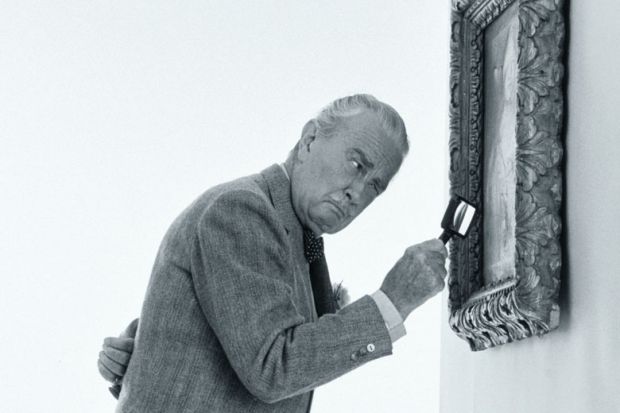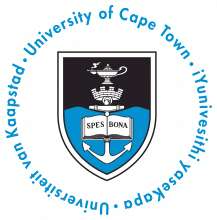Finding a well-connected critic is more important to an academic paper’s success than securing comments from a famous scholar, a new study claims.
In a paper presented at the European Economic Association’s annual conference, which took place in Geneva last month, two University of Cape Town economists explained how their analysis of 1,800 research papers in finance journals shows how authors who gain feedback from well-connected academics gain more citations than those who get comments from famous or senior scholars.
Previous research shows that the more feedback that academics seek for work in progress, the more citations a paper receives once it is formally published.
But the new study, titled “The Importance of Informal Intellectual Collaboration with Central Colleagues”, shows that it is crucial how well connected the person giving feedback is.
Those papers that received comments from more well-connected scholars gained 15 per cent more citations over four years than average, said the study, which analysed academic networks spanning around 7,500 scholars.
“Our results highlight the need for researchers to travel and disseminate the work and to network, especially in the earliest stages of their careers,” said the study’s authors, Co-Pierre Georg and Michael Rose, from the University of Cape Town.
“Research policymakers should also be aware of the crucial role of funding for travel and conferences for scientific progress,” they added.
The findings also highlight the crucial process of seeking feedback in seminars at universities and conferences before a paper is sent to a journal, the authors explain.
Previous studies suggest that every seminar or additional person commenting increases the scientific impact (measured as number of citations) over a paper’s lifespan, they add.
It also matters to whom authors speak, they suggest, as feedback by academics connecting different research clusters carries greater weight. These individuals are not necessarily well known, very senior or at prestigious universities, but their “structural connectedness” matters as they may pass on information that few others in their local social network possess, they add.
Understanding knowledge flows helps to explain productivity differentials across science and might improve the innovative process of science, they conclude, and they say that researchers should seek collaboration partners with this knowledge in mind.
Register to continue
Why register?
- Registration is free and only takes a moment
- Once registered, you can read 3 articles a month
- Sign up for our newsletter
Subscribe
Or subscribe for unlimited access to:
- Unlimited access to news, views, insights & reviews
- Digital editions
- Digital access to THE’s university and college rankings analysis
Already registered or a current subscriber?





